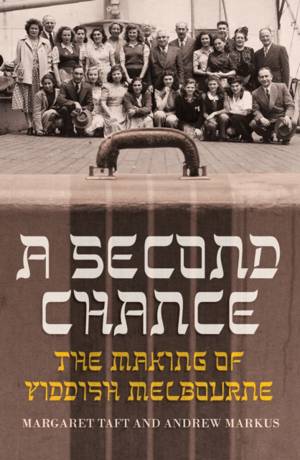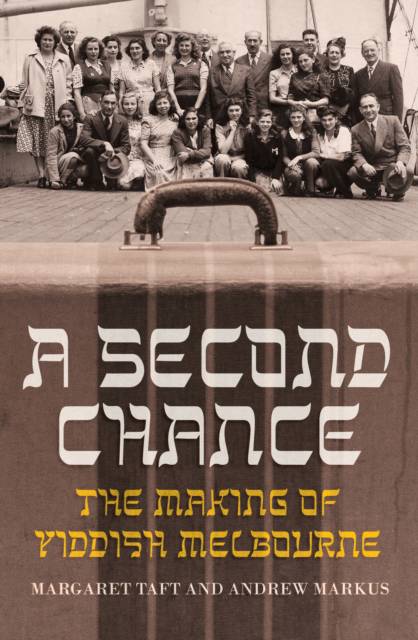
- Afhalen na 1 uur in een winkel met voorraad
- Gratis thuislevering in België vanaf € 30
- Ruim aanbod met 7 miljoen producten
- Afhalen na 1 uur in een winkel met voorraad
- Gratis thuislevering in België vanaf € 30
- Ruim aanbod met 7 miljoen producten
Zoeken
Omschrijving
The Yiddish speakers from Eastern Europe brought few possessions with them, but clung to a language and culture that defined who they were, a way of life that had endured pogroms, persecution, genocide. Melbourne gave them a second chance, an opportunity to rebuild their secular Yiddish world. Hardship had taught these Jews to be resilient, fiercely independent and great institution builders. A community centre quickly became the beating heart of Yiddish Melbourne. The arts flourished, newspapers launched, schools were established. But the immigrants also brought competing political ideals and hotly contested notions of what it meant to be a Jew in Australia. They were not always welcome. Australian authorities restricted their migration; and their high visibility challenged the authority of the established Jewish community. Using interviews and archival sources, Taft & Markus give a compelling account of how these Yiddish speakers came to shape, change and define an entire community.
Specificaties
Betrokkenen
- Auteur(s):
- Uitgeverij:
Inhoud
- Aantal bladzijden:
- 336
- Taal:
- Engels
- Reeks:
Eigenschappen
- Productcode (EAN):
- 9781925495850
- Verschijningsdatum:
- 1/09/2018
- Uitvoering:
- Paperback
- Formaat:
- Trade paperback (VS)
- Afmetingen:
- 152 mm x 231 mm
- Gewicht:
- 521 g

Alleen bij Standaard Boekhandel
+ 64 punten op je klantenkaart van Standaard Boekhandel
Beoordelingen
We publiceren alleen reviews die voldoen aan de voorwaarden voor reviews. Bekijk onze voorwaarden voor reviews.







